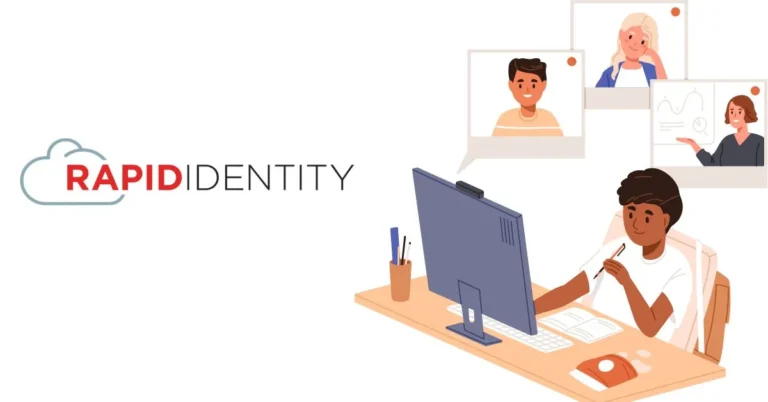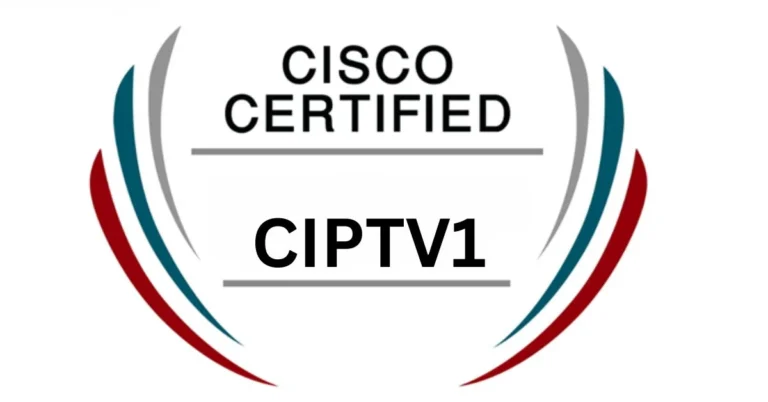Understanding FASPE: Ethics and Professional Responsibility
Search for FASPE information to learn more about the Fellowships at Auschwitz for the Study of Professional Ethics, a groundbreaking programme that empowers professionals to embrace their ethical and leadership responsibilities. Through a comprehensive exploration of the actions of professionals in Nazi Germany and other locations from 1933 to 1945, participants in the programme gain invaluable insights into historical contexts and contemporary ethical challenges. With its unique and transformative framework, FASPE provides a profound understanding of ethical responsibilities in today’s world.
What is FASPE?
It grants prestigious fellowships to graduate students and early-career professionals in fields such as business, seminary, design and technology, journalism, law, and medicine. The program starts with a captivating journey through Germany and Poland, immersing fellows in the historical context to guide them toward modern ethical responsibilities. Fellowships at Auschwitz for the Study of Professional Ethics create a dynamic learning environment, empowering fellows to reflect deeply on ethical challenges within their professional domains.
The Importance of Ethical Training
Ethical training is essential in today’s complex world, providing professionals with the knowledge and confidence to navigate integrity and ethical judgment. It addresses this crucial need by offering fellows the opportunity to learn from the ethical failures of the Nazi era. By understanding past ethical breakdowns, fellows cultivate a stronger sense of ethical responsibility that positively shapes their professional paths. This transformative experience fosters well-rounded, thoughtful, and ethical professionals.
FASPE’s Mission
It’s mission is to inspire graduate students and future leaders to embrace their ethical responsibilities wholeheartedly. By examining the decisions and actions of professionals during the Nazi era, fellows gain valuable insights into the ethical challenges facing professionals today. This understanding empowers them to make thoughtful decisions and contribute positively to their fields.
FASPE’s History
It emerged in response to the need for strong ethical values in respected professions and the challenge of teaching and comprehending the Holocaust in today’s world. It bridges this gap by connecting the distant history of the Holocaust with contemporary ethical responsibilities. This valuable link helps fellows draw meaningful parallels and appreciate the consequences of ethical failures from the past.
Experiences of FASPE Fellows
Its fellows often describe the programme as life-changing, providing them with a fresh and profound perspective on their chosen fields. Through intensive study and reflection, fellows develop a deep understanding of the ethical responsibilities inherent to their professions. These enriching experiences resonate throughout their careers, guiding their decisions and actions with newfound clarity and purpose. Fellows often engage in public records and ethical research to continually grow and contribute to their professions.
FASPE’s Programmes Today
In 2024, it will grant fellowships to 80–90 exceptional individuals from a large pool of applicants worldwide. Experienced faculty, including university professors and practicing professionals in the six disciplines, guide these programmes. Fellows receive a comprehensive understanding of the profession’s role in Nazi Germany and Nazi-occupied Europe. It also promotes interdisciplinary learning, offering fellows a wealth of experiences to enhance their professional growth.
Alumni Network and Community
It cultivates a vibrant network of alumni who share a dedication to ethical professional conduct. This supportive community fosters ongoing collaboration and provides opportunities for fellows to stay connected with FASPE’s mission. Through forums, events, and discussions, alumni share their insights and experiences, amplifying FASPE’s positive impact on ethical practices across various fields. The alumni network continues to expand, broadening its influence across industries.
Present Ethical Dilemmas
Contemporary professionals face a range of ethical dilemmas, such as concerns over the protection of data privacy, the spread of misinformation, and situations with conflicting interests. FASPE’s training provides fellows with the necessary expertise and understanding to effectively traverse these obstacles with confidence and make well-informed judgements. By drawing on insights gained from previous instances of ethical misconduct, fellows can offer novel viewpoints and uphold ethical principles in their respective work settings. It enables fellows to assume leadership roles by instilling ethical principles and maintaining exemplary standards in their specific domains.
How to Apply for FASPE
Applying for a FASPE fellowship involves a competitive yet rewarding selection process. Prospective applicants should demonstrate a passion for ethics and a desire to make a positive impact in their field. The application typically includes an essay, letters of recommendation, and academic or professional achievements. Interested individuals should visit the FASPE website for detailed application guidelines and deadlines. This selective process ensures that the most dedicated and driven candidates are chosen.
The Role of Faculty and Mentors
FASPE’s programs are led by distinguished faculty, including university professors, practicing professionals, ethicists, and historians. These mentors guide fellows through their journey, providing wisdom and support as they explore ethical dilemmas and historical contexts. The faculty’s expertise creates a rich and engaging learning experience, encouraging growth and development for all fellows.
FASPE’s Collaborations and Partnerships
It collaborates with various organizations to enhance its programs and extend its reach. These partnerships may include universities, research institutions, and other groups committed to ethical practices. Through these alliances, it offers more opportunities for learning and growth, benefiting fellows and their professional communities. FASPE’s collaborative efforts contribute to a comprehensive and enriching educational experience.
FASPE’s Future
Looking ahead, it aims to expand its programs to tackle current ethical challenges in professions arising from globalization and rapidly changing technologies. They plan to offer more fellowships and workshops for mid-career professionals, nurturing a community that actively engages in discussions on current ethical issues. FASPE’s commitment to future growth ensures a lasting, positive impact on ethical conduct in various professions.
The Long-Term Impact of FASPE
The long-term impact of FASPE is evident in the outstanding ethical conduct of its alumni. As fellows progress in their careers, they carry with them the invaluable lessons and values they gained during their time with it. This influence extends to their professional and civic communities, promoting ethical decision-making and leadership. FASPE’s continued engagement with its alumni ensures that its impact only grows over time. The organization remains dedicated to fostering ethical leadership across various fields, contributing positively to society for years to come.
Conclusion
Search on FASPE information to discover how FASPE is a transformative experience that encourages professionals to embrace their ethical responsibilities with passion and purpose. By exploring historical ethical failures, FASPE provides fellows with a strong foundation for navigating complex challenges in today’s world with integrity and confidence. Through its engaging programs, dedicated faculty, and supportive alumni network, it leaves a lasting impact on professionals across various fields, inspiring them to become ethical leaders and catalysts for positive change. FASPE continues to shape the future by fostering a community of ethical professionals committed to making a meaningful difference in the world.
FAQs
What is FASPE?
(Fellowships at Auschwitz for the Study of Professional Ethics) is an innovative program that provides fellowships to graduate students and early-career professionals in diverse fields such as business, seminary, design and technology, journalism, law, and medicine. It focuses on fostering ethical awareness and responsibility in various professions.
How can I apply for a FASPE fellowship?
Applying for a FASPE fellowship is an enriching opportunity. Visit the website for detailed application guidelines. The process includes writing an essay about your interests in ethics, providing letters of recommendation, and showcasing your academic or professional achievements.
What does the FASPE program involve?
The program begins with an inspiring study trip to Germany and Poland, allowing fellows to explore the history of the Nazi era and its influence on professional ethics. Fellows also receive personalized mentorship from distinguished faculty and participate in meaningful discussions on ethical challenges in their respective fields.
Who can benefit from it?
It was ideal for graduate students and early-career professionals who aspire to strengthen their ethical foundation and leadership skills. Additionally, the program’s workshops cater to mid-career professionals seeking to enhance their understanding of modern-day ethical issues.
What is the long-term impact of it?
The long-term impact of it is reflected in its dedicated and ethically conscious alumni. As fellows advance in their careers, they carry with them the invaluable lessons learned during the program, positively shaping their professional and civic communities. FASPE’s commitment to ethical leadership inspires change and contributes to a brighter future across various fields.







